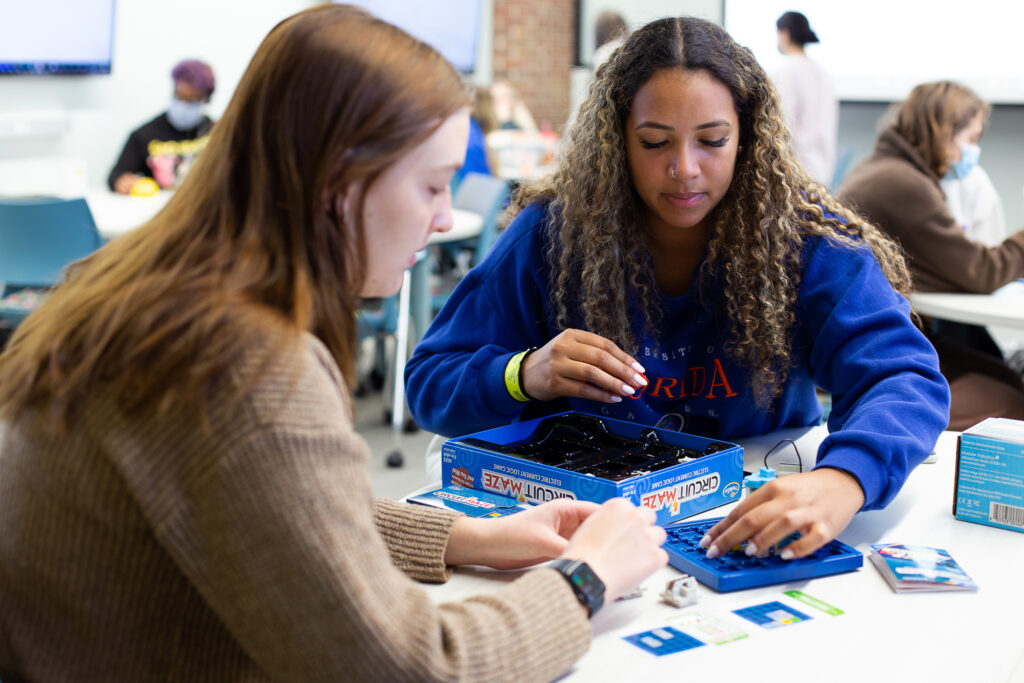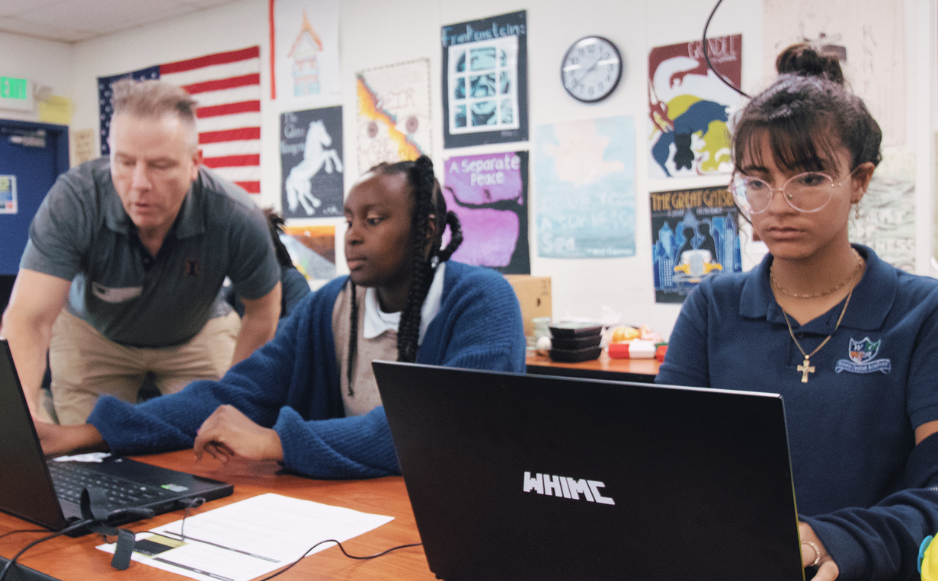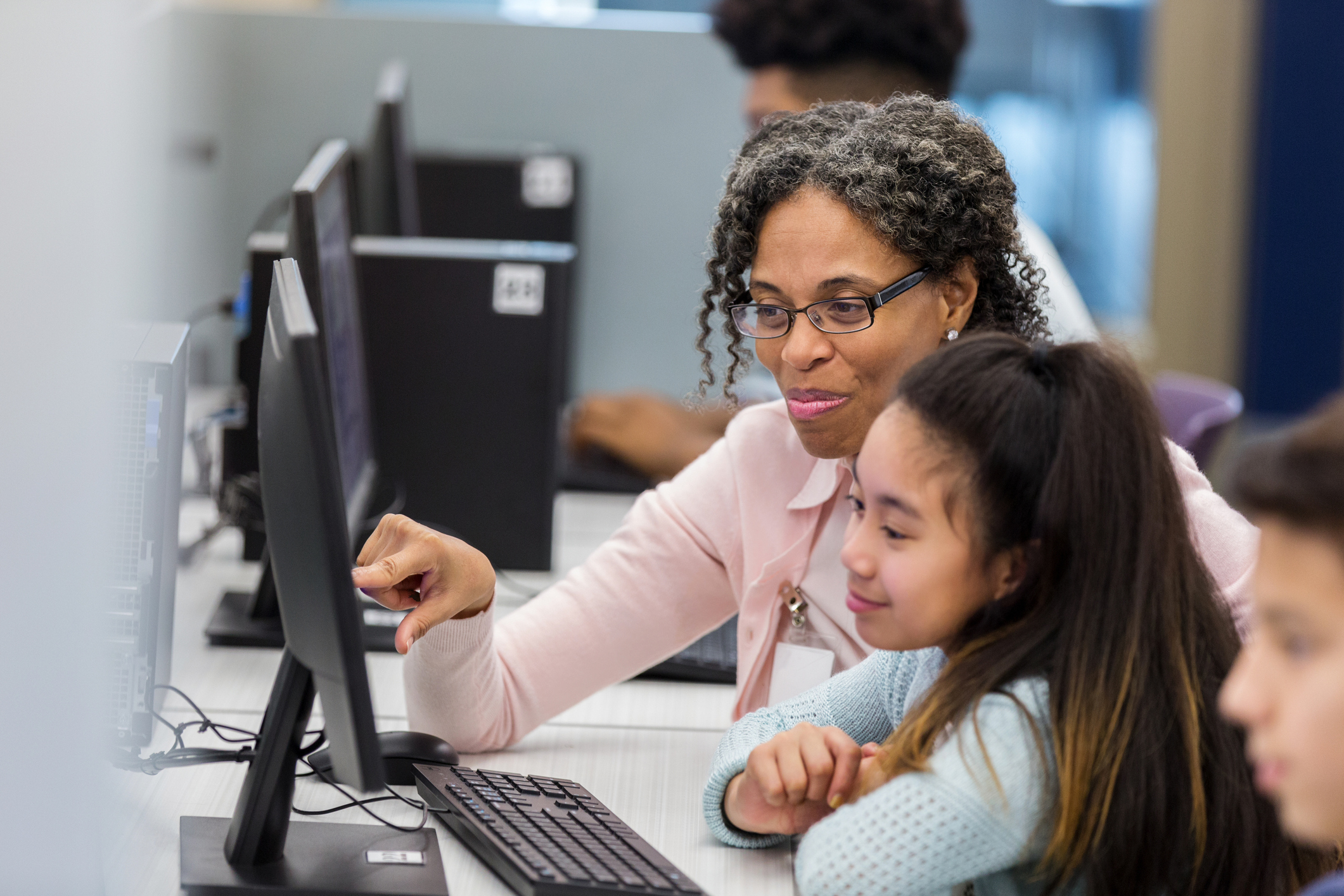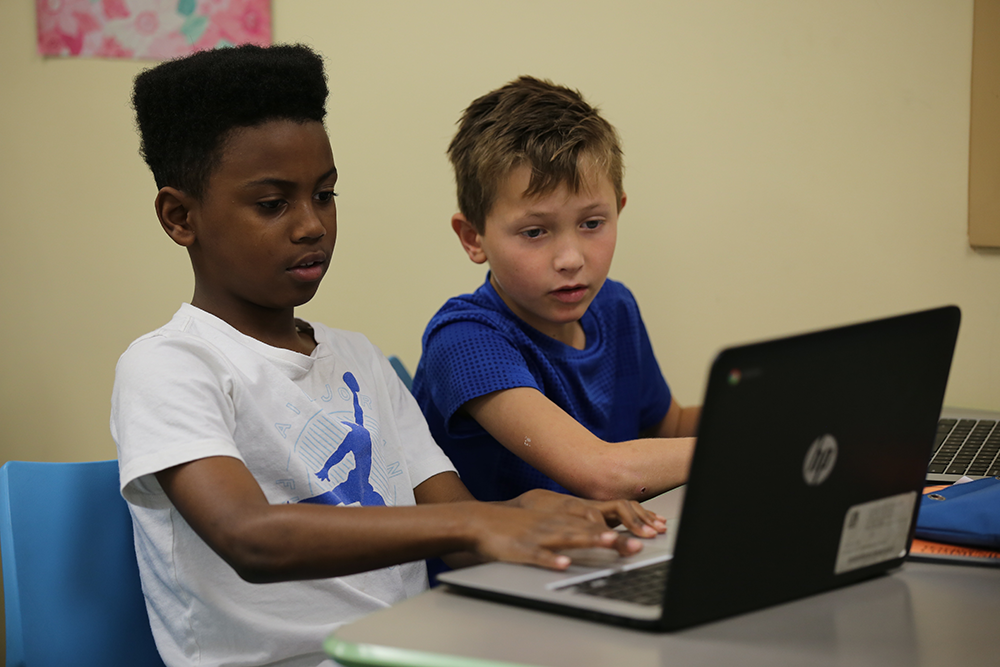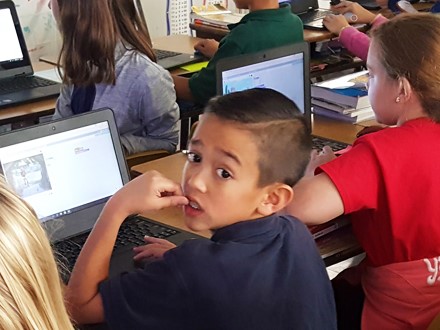Our Projects: Advocacy-driven CS Education Research
CSEveryone: The Kenneth C. Griffin CS for All Education Initiative
At CSEveryone, we want to help all teachers, regardless of what subjects they teach, find ways to bring computer science skills to all their students. Our aim is to help teachers everywhere, starting within our state, learn how to incorporate CS into their practice. We place an especially strong focus on preservice teacher education and are creating multiple pathways to prepare future educators to teach CS.
Invite Institute
The INVITE Institute is the shared vision of 24 researchers from seven U.S. universities and 2 companies in the United States and is our answer to the question, “What can AI do to help achieve Education for All?” INVITE seeks to reposition AI as a powerful tool to promote fairness in technology-enhanced K-12 STEM learning by producing intelligent learning technologies that understand and support skills known to underlie effective learning. The institute is designed to serve as a nexus for building capacity and collaboration among researchers, and as resource for schools and teachers interested in leveraging advanced STEM learning technologies. The INVITE Alliance spans 10 states across the U.S.
Camp Dialogs
Camp DIALOGS will provide technology-rich learning opportunities for middle school students to design and develop spoken conversational apps using computer science. Spoken conversational apps include today’s voice assistants and chatbots such as Siri, Alexa, Google Home, and many more.
Universal Design for Learning in Computer Science (UDL4CS)
UDL4CS is a Research-Practice Partnership that brings together researchers and practitioners around the shared problem of practice to provide teachers with the tools necessary to meaningfully include students with disabilities in computer science education.
Collaborative Research: A research-practice partnership focused on creating equitable computer science opportunities for elementary students (Time4CSforAll)
Time4CSforAll aims to ensure all students have the opportunity to engage in computational thinking and skill building by bring CS into the formal education environment. Our work leverages interdisciplinary learning to provide elementary teachers with the curriculum, tools, and instructional resources they need to make integrated CS accessible, engaging, and personally relevant for all their students.
Include Neurodiversity in Foundational and Applied Computational Thinking (INFACT)
INFACT will prepare a wide range of learners in grades 3-8, including neurodiverse learners, for successful computer science learning in high school and beyond. INFACT helps students leverage their individual talents needed for the workforce of the future.
Collaborative Computing Observation Instrument (C-COI)
The C-COI is an observation instrument used in conjunction with video screen capture software. It allows researchers to observe videos of students’ computer screens and listen to their conversations as they engage in computer programming. With the C-COI, researchers can analyze areas such as time on task, students’ collaborative problem solving, behaviors, persistences, and help-seeking/giving behaviors.
Previous Projects
Learning Trajectories for Everyday Computing (LTEC-2)
LTEC-2 is a NSF grant investigating the relationship between elementary mathematics and computational thinking aligned to learning trajectories.
CS for All: Teaching All Computational Thinking through Inclusion and Collaboration (TACTIC)
TACTIC is an NSF grant investigating ways of making computer science education accessible and engaging to elementary and middle school students with disabilities.
Integrating CT Across the Curriculum
In a collaborative effort with EDC, and NYU’s Research Alliance for NYC Schools, we are studying different approaches and models for integrating computational thinking into the curriculum including professional development, administrative decision making, and instructional approaches.

